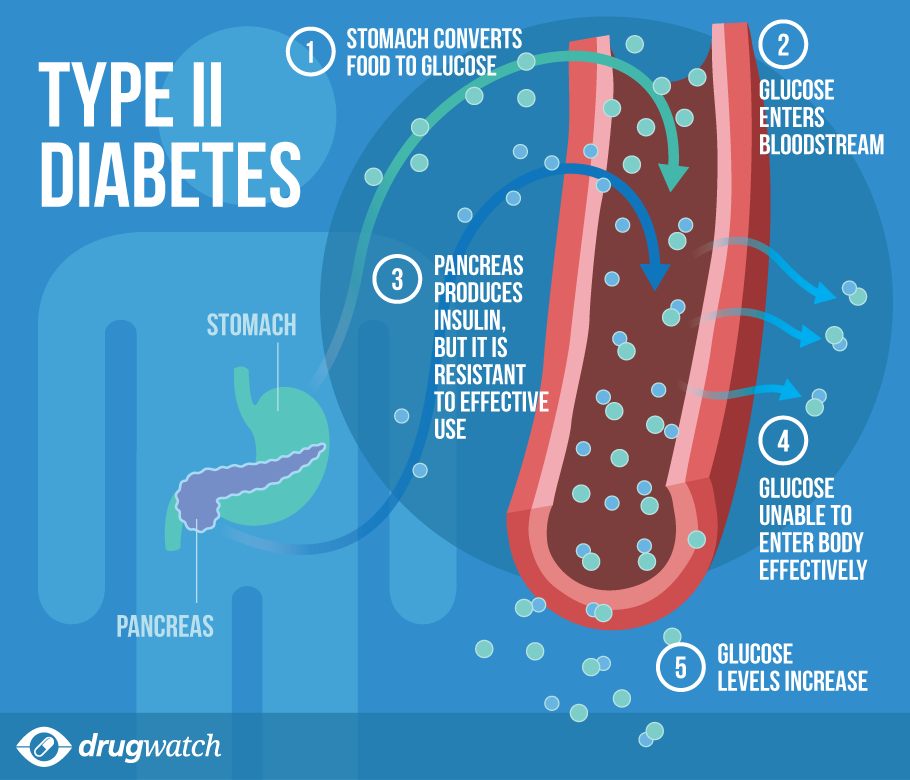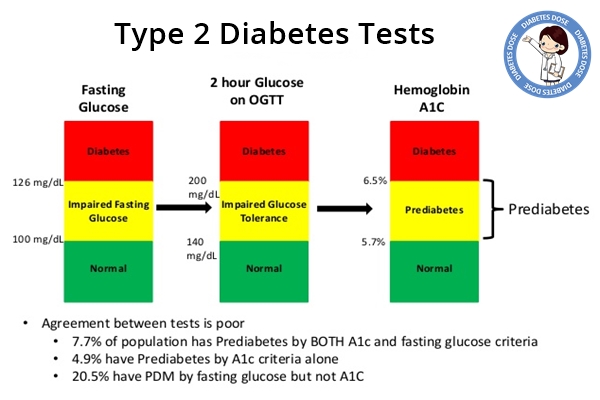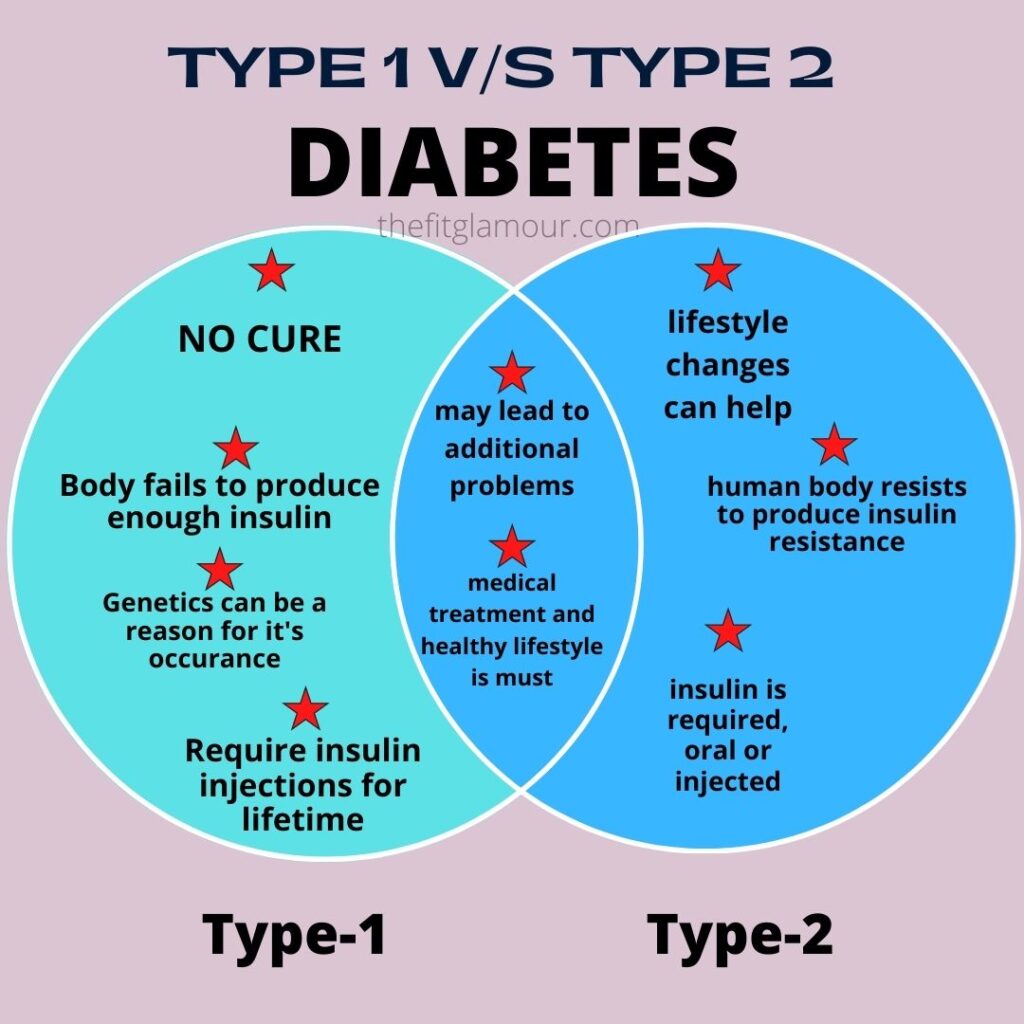blood test to determine type 1 or type 2 diabetes Type 2 diabetes- symptoms, causes, and treatment
Type 1 diabetes is a medical condition that affects millions of people worldwide. It occurs when the body’s immune system attacks and destroys the insulin-producing cells in the pancreas, resulting in insufficient insulin production. As a result, people with type 1 diabetes require lifelong insulin injections to manage their blood sugar levels and maintain their health.
Understanding Type 1 Diabetes
 Type 1 diabetes, also known as juvenile diabetes, typically develops in children and young adults, although it can occur at any age. It is an autoimmune disease, which means that the body’s immune system mistakenly attacks healthy cells and tissues. In the case of type 1 diabetes, the immune system attacks and destroys the insulin-producing cells (beta cells) in the pancreas, leaving the body unable to produce sufficient insulin, a hormone that helps regulate blood sugar levels.
Type 1 diabetes, also known as juvenile diabetes, typically develops in children and young adults, although it can occur at any age. It is an autoimmune disease, which means that the body’s immune system mistakenly attacks healthy cells and tissues. In the case of type 1 diabetes, the immune system attacks and destroys the insulin-producing cells (beta cells) in the pancreas, leaving the body unable to produce sufficient insulin, a hormone that helps regulate blood sugar levels.
The exact cause of type 1 diabetes is not known, but scientists believe that genetic and environmental factors may play a role. Certain viruses, toxins, and other environmental factors may trigger the immune system to attack the beta cells in genetically susceptible individuals.
Symptoms of Type 1 Diabetes
 The symptoms of type 1 diabetes can develop quickly and may include:
The symptoms of type 1 diabetes can develop quickly and may include:
- Excessive thirst
- Frequent urination
- Extreme hunger
- Unexplained weight loss
- Fatigue and weakness
- Blurred vision
- Irritability
- Slow-healing cuts or bruises
If you experience these symptoms, it is important to see a doctor or healthcare provider for a diagnosis and treatment.
Treatment for Type 1 Diabetes
 There is no cure for type 1 diabetes, but it can be managed effectively with the right treatment. The goal of treatment is to maintain normal blood sugar levels and prevent complications. Treatment may include:
There is no cure for type 1 diabetes, but it can be managed effectively with the right treatment. The goal of treatment is to maintain normal blood sugar levels and prevent complications. Treatment may include:
- Insulin therapy: Insulin injections or an insulin pump can help replace the missing insulin in the body.
- Monitoring blood sugar levels: Regular blood sugar monitoring can help you make informed decisions about insulin doses, food choices, and physical activity.
- Diet and exercise: A healthy diet and regular physical activity can help manage blood sugar levels and prevent complications.
- Education and support: Learning how to manage type 1 diabetes effectively and having a support system can help improve outcomes and quality of life.
Overall, type 1 diabetes is a serious medical condition that requires lifelong management. However, with the right treatment, people with type 1 diabetes can live healthy, fulfilling lives and avoid or minimize complications.
If you are looking for 5 Important Tests for Patients with Type 2 Diabetes | Diabetes Dose you’ve came to the right web. We have 5 Images about 5 Important Tests for Patients with Type 2 Diabetes | Diabetes Dose like Diabetes - Symptoms, Diagnosis, Treatments & Complications, Type 2 Diabetes- Symptoms, Causes, and Treatment - The Fit Glamour and also Tests – Genetrack South Africa. Read more:
5 Important Tests For Patients With Type 2 Diabetes | Diabetes Dose
 diabetesdose.comdiabetes tests type patients important test sugar
diabetesdose.comdiabetes tests type patients important test sugar
Type 2 Diabetes- Symptoms, Causes, And Treatment - The Fit Glamour
 thefitglamour.comsugar levels
thefitglamour.comsugar levels
Diabetes - Symptoms, Diagnosis, Treatments & Complications
 www.drugwatch.comWhat Are The Medical Uses Of Gurmar? (with Pictures)
www.drugwatch.comWhat Are The Medical Uses Of Gurmar? (with Pictures)
 www.wisegeek.comdiabetes type insulin blood sugar pathophysiology causes vs mellitus diagram langerhans amylin pancreas islets antibodies diabetic check body levels when
www.wisegeek.comdiabetes type insulin blood sugar pathophysiology causes vs mellitus diagram langerhans amylin pancreas islets antibodies diabetic check body levels when
Tests – Genetrack South Africa
 www.genetrack.co.zadiabetes dna insulin factors genetic inherited genetics resistance glucose lack didyouknowdna dnainthenews
www.genetrack.co.zadiabetes dna insulin factors genetic inherited genetics resistance glucose lack didyouknowdna dnainthenews
Diabetes tests type patients important test sugar. Diabetes dna insulin factors genetic inherited genetics resistance glucose lack didyouknowdna dnainthenews. Sugar levels